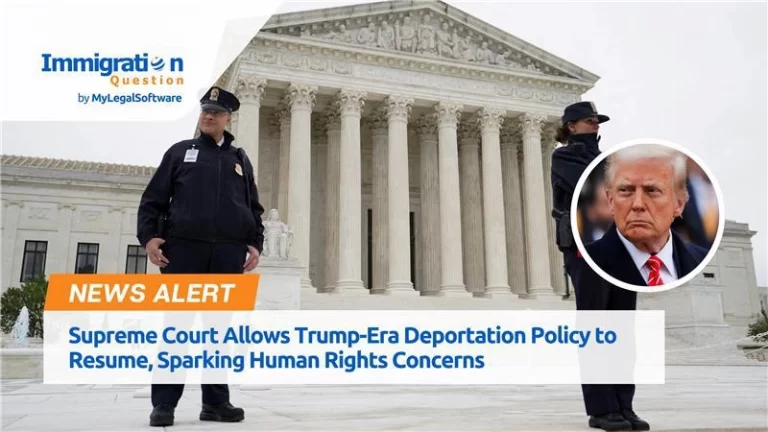New DHS Rules for International Entrepreneur
The Department of Homeland Security (DHS) has issued updated policy guidance to simplify the process for foreign entrepreneurs seeking temporary admission to the U.S. under the International Entrepreneur Parole (IEP) program. The changes, effective immediately, are designed to encourage global entrepreneurs to establish startups in the U.S., boosting economic growth and job creation.
U.S. Citizenship and Immigration Services (USCIS) clarified that entrepreneurs must demonstrate at least a 10% ownership stake in a U.S.-based startup. To do this, applicants can submit equity ledgers, wire transfer receipts, bank records, and incorporation documents. Additionally, they must prove an active role in their business through employment contracts, position descriptions, or affidavits from company officials.
The International Entrepreneur Parole program
The IEP program, launched in 2017 during the Obama administration, was established to attract talented foreign entrepreneurs to the U.S. through a parole process. Unlike traditional visa pathways, this program offers a temporary stay to qualified entrepreneurs who can demonstrate their startups’ potential for rapid growth, job creation, and significant public benefit. Over the years, USCIS has gathered insights from adjudicating applications, leading to these updated evidence requirements to support applicants better and increase the program’s effectiveness.
Under the IEP program, entrepreneurs can stay in the U.S. on a case-by-case basis with work authorization, provided they meet specific criteria. These include holding a minimum 10% ownership stake in a U.S.-based startup and being actively involved in the business’s day-to-day operations or decision-making processes.
Proving Growth Potential and Public Benefit
One of the core requirements of the IEP program is proving that the startup has the potential for rapid growth or can provide significant public benefit. USCIS now allows applicants to submit evidence of investment or funding, such as equity purchase agreements, grant award letters, or alternative documentation like revenue reports, customer acquisition metrics, or proof of a positive social impact.
The investment and grant funding thresholds were recently updated in July to reflect current economic realities. A startup must have received at least $264,147 in the past 18 months from qualified investors or $105,659 in funding from U.S. federal, state, or local government sources. These amounts are intended to ensure that the startups participating in the program have a strong foundation for growth and sustainability.
The Role of the IEP Program in Economic Growth
The International Entrepreneur Parole program is a critical initiative for fostering entrepreneurship and innovation in the United States. By attracting foreign entrepreneurs, the program helps drive economic growth, create new job opportunities, and enhance the U.S.’s global competitiveness in technology, healthcare, and other key sectors.
The program also aligns with broader efforts to diversify the U.S. economy, encouraging the establishment of startups that might not have been possible without international talent. These businesses often serve as catalysts for technological advancements and contribute to local and national economies.
What’s Next? New DHS Rules for International Entrepreneur
The updated guidance offers greater clarity and flexibility for applicants, making it easier for talented entrepreneurs worldwide to navigate the parole process. By expanding the range of acceptable evidence, USCIS aims to lower barriers and create opportunities for innovators who can bring transformative ideas to the U.S. economy.
To stay updated and informed, watch our news section or drop your immigration queries on immigration question and get responses from professional attorneys.










